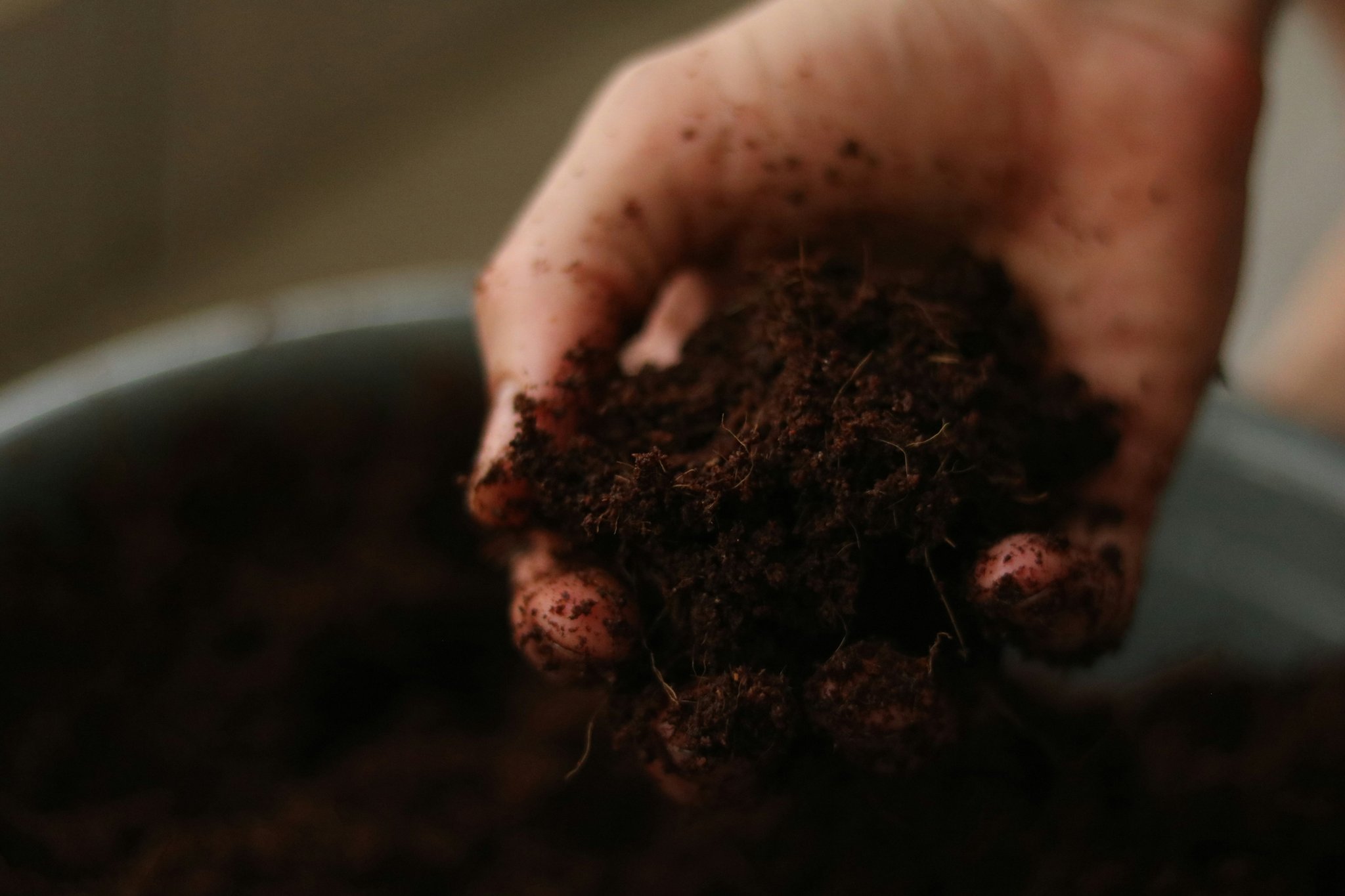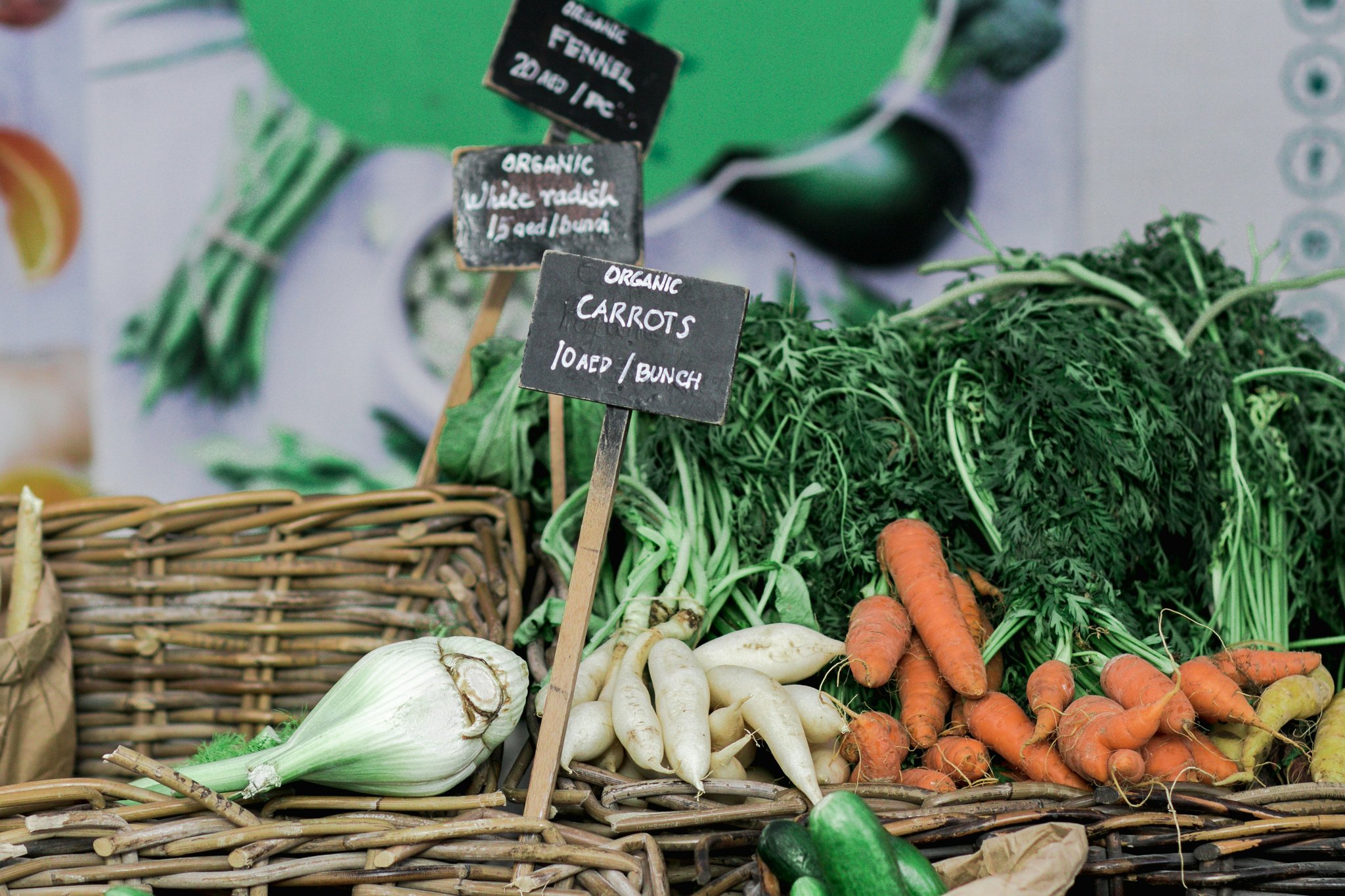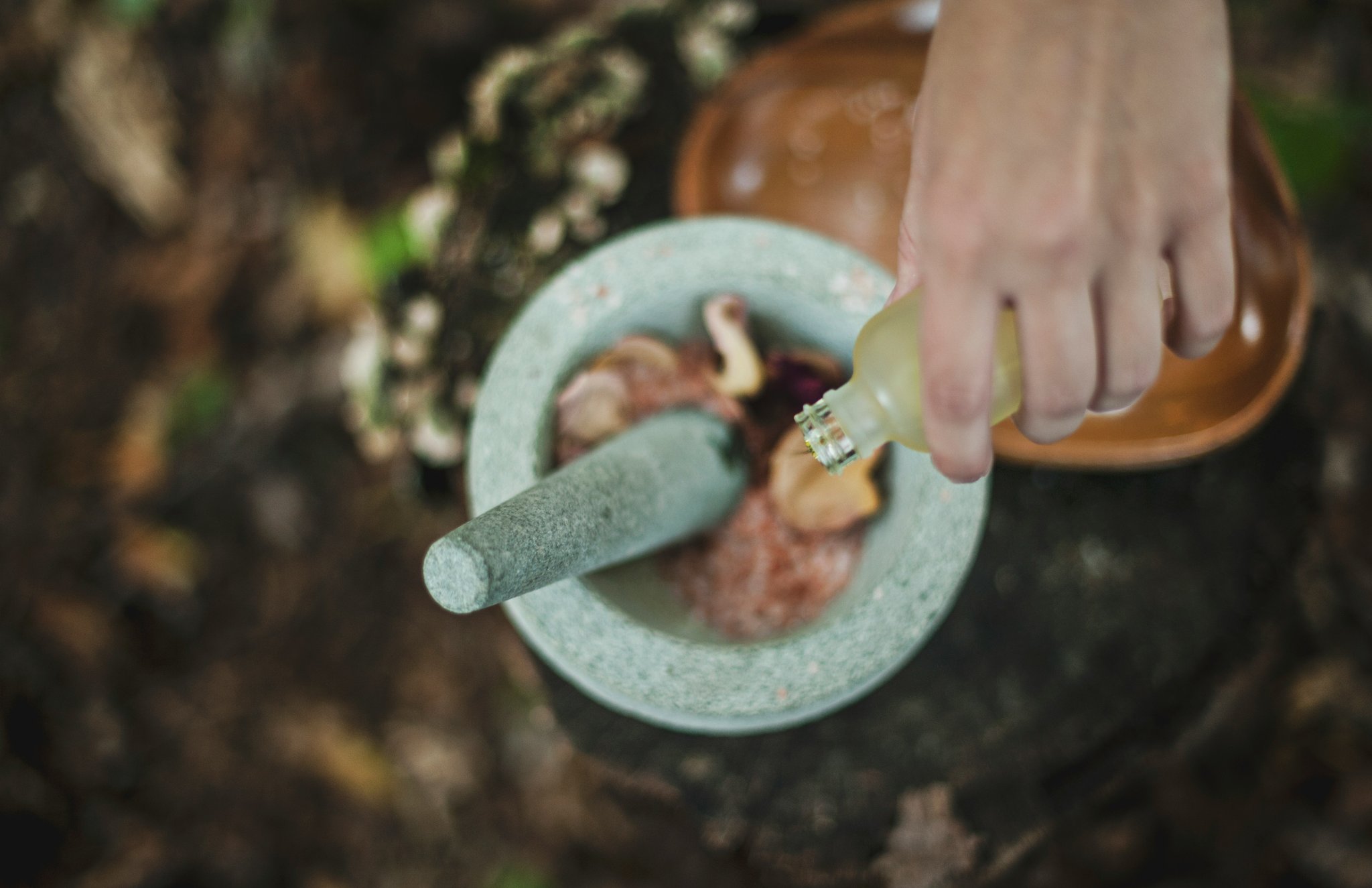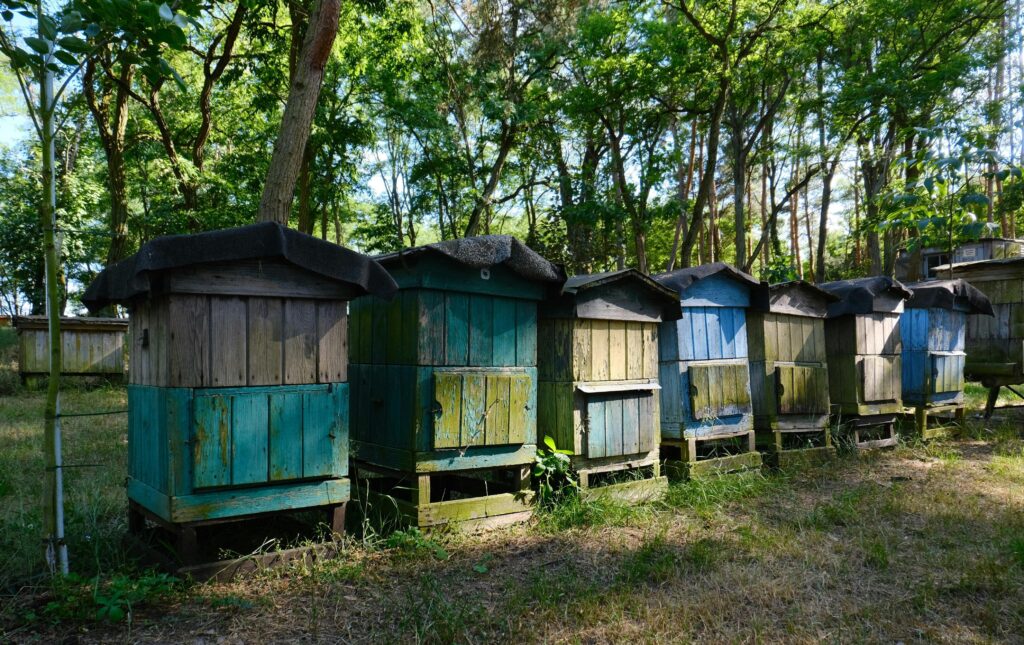Ever looked at your garden and wondered why your skin doesn’t glow like those lush organic veggies? You’re not alone. Imagine feeding your skin the same nutrient-rich goodness that makes kale thrive—yes, we’re talking about organic compost usage. But how exactly can what you toss in your compost pile impact your skincare game? Stick around because today we’ll dive into how this eco-friendly practice boosts both your beauty routine AND the environment.
In this post, you’ll discover:
- Why organic compost is a hidden gem for natural beauty.
- A step-by-step guide on incorporating it into your lifestyle.
- Actionable tips for beginners who want glowing skin without toxins.
- Real-life examples of people rocking organic skincare through sustainable practices.
- Frequently asked questions about organic compost usage.
Table of Contents
- Key Takeaways
- Why Does Organic Compost Matter?
- Step-by-Step Guide to Using Organic Compost
- Top Tips & Best Practices
- Success Stories: Real People, Real Results
- FAQs About Organic Compost Usage
- Conclusion
Key Takeaways
- Organic compost nourishes plants used in beauty products, making them richer in nutrients.
- It reduces reliance on chemical fertilizers that can harm ecosystems and our health.
- DIY skincare using homegrown organically-fed herbs is cost-effective and fun!
- Sustainable gardening habits lead to healthier soil—and clearer skin.
Why Does Organic Compost Usage Matter?
Here’s one shocking stat: Did you know over 40% of food waste ends up in landfills instead of being turned into valuable compost? Meanwhile, commercial farms often rely heavily on synthetic fertilizers linked to environmental damage. If you care about clean ingredients in your skincare products (and let’s face it, who doesn’t?), then paying attention to where those ingredients come from is crucial.
Let me confess something embarrassing here—I once tried growing lavender in poor-quality soil filled with store-bought chemicals. The result? A sad little bush barely surviving, much less thriving. Turns out, healthy soil equals vibrant plants, which means more potent oils and extracts for my favorite serums and masks. This lesson taught me the importance of using organic compost—not just for plants but as a backbone for my entire natural beauty regimen.

Optimist You: “This will totally solve all my skincare woes!”
Grumpy You: “Yeah, sure—but only if I remember to water the damn plants.”
Step-by-Step Guide to Using Organic Compost
Step 1: Start Small with Your Compost Pile
Begin by collecting kitchen scraps like vegetable peels, coffee grounds, and eggshells. Trust me; starting small prevents overwhelm. Once your pile gets going, layer greens (nitrogen-rich materials) and browns (carbon-rich materials). Think of it as meal prepping for Mother Nature—chef’s kiss!
Step 2: Use Compost Tea for Plant Nourishment
Did you know liquid gold exists for your garden? Compost tea is a nutrient-packed solution made by steeping finished compost in water. Sounds fancy, right? Spritz this concoction onto plant leaves or use it to fortify the soil around your chamomile and calendula—the star ingredients in many natural skincare recipes.
Step 3: Harvest and Utilize Homegrown Ingredients
Grow vegetables like cucumbers and carrots enriched with organic compost. These aren’t just great for salads—they also make perfect DIY facial masks when blended with honey or yogurt. Sensory detail alert: Imagine the coolness of fresh cucumber slices on sun-kissed cheeks after a day outdoors.
Top Tips & Best Practices
- Avoid Meat and Dairy Scraps: They attract pests and create odor issues.
- Mix It Up: Balance carbon and nitrogen sources for optimal decomposition.
- Keep It Aerated: Turn your compost pile regularly to prevent anaerobic bacteria buildup. Whirrrr—it should never smell bad.
- Be Patient: Good things take time. Don’t rush your compost process unless you love disappointment.
Pro Tip: Never dump dog poop into your compost bin—it’s a terrible idea, trust me. No amount of baking soda can save that disaster.
Success Stories: Real People, Real Results
Meet Sarah, an urban gardener based in Portland. She switched to organic composting three years ago and noticed her homemade rosehip oil serum became significantly more effective. Her secret? Feeding her roses with homemade compost tea every two weeks. Traffic to her blog skyrocketed as readers raved about her “clear-skin elixir.”

FAQs About Organic Compost Usage
Can I Buy Ready-Made Organic Compost?
Yes, you can buy certified organic compost online or at local nurseries. However, creating your own ensures zero additives and maximizes sustainability points. Go team green!
Will Organic Compost Work Quickly?
Nope, sorry. Building quality compost takes several months to even years depending on conditions. Patience is key here.
Is It Safe for Sensitive Skin?
While direct contact isn’t recommended, the nutrients absorbed by plants grown in organic compost are gentle and safe for most skin types.
Conclusion
Who would’ve thought that tossing banana peels could revolutionize your beauty routine? By understanding organic compost usage, you’ve unlocked a pathway to healthier plants—and ultimately, healthier skin. Remember: Consistency and patience are your best friends here. So grab your pitchfork, start composting, and embrace the power of nature.
P.S.: Like keeping a Tamagotchi alive back in the day, your compost needs daily love and care. 🌱


